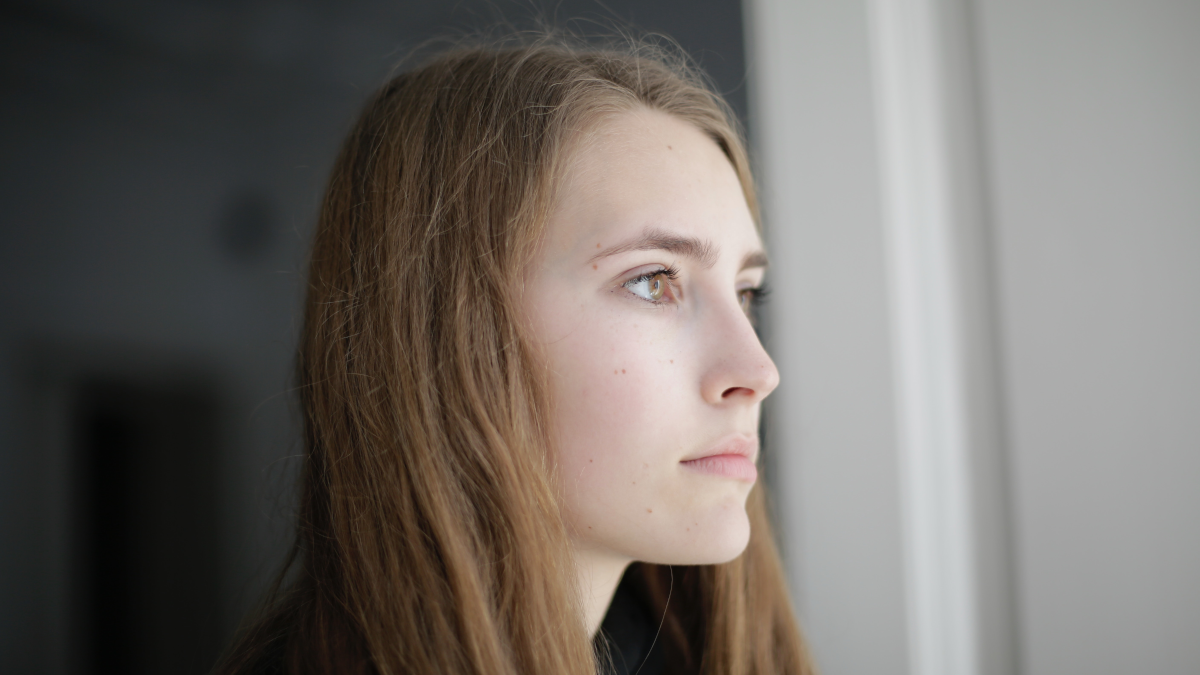According to the World Economic Forum we are lying more as a society and the culprit is social media. As Chief Strategy Officer at Craft Media London a large part of my job is to research the effects of the media including social media on our behaviours and how that then relates to advertising and buying trends.
There is a perception that lies are more prevalent because of social and digital media. However, as a society we have always told small lies day-to-day, to avoid hurting people’s feelings. In 2009 Boston University colleagues wrote a paper coining the phrase ‘Butler lie’ to explain this. A tangible example of this is when I was called by a company trying to persuade me back as a customer the other day, I told them I was expecting another call and politely hung up. I wasn’t expecting another call, but I didn’t want to have that conversation with them at that time.
If we consider the world of online dating, people’s height, weight, occupation and even location often runs wide of the truth. What becomes interesting though, is that in a study of 3,000 interactions across these apps, only 7% of initial messages were found to contain lies. This is interesting, it highlights that participants may use ‘slight’ lies to game the algorithm (for example, 60% of women require their potential partner to be over 6 feet tall) into helping them find a match.
Lies can also be interwoven with appearance
Paid for apps like FaceTune, and TikTok’s bold glamour filter, are in the firing line for generating misleading representations of beauty from influencers and in social advertising alike. The ASA moved to ban use of filters in the promotion of UK borne skincare and cosmetics campaigns in 2021. France is moving to ensure all video and photo content that features filters is clearly labelled, as concerns grow. The impact of these interventions is too early to see but, the movement from policy makers demonstrates the concern for younger social media users and their ability to filter truth from reality.
What becomes interesting though is the generational perceptions of trust with regards to social media. If there is a marked lack of trust in social media recommendations from older generations, this could imply a perception of more lies being told as a result. These perceptions are generally unfounded.
I would suggest that the real driver behind the idea that we lie more now as a society is perhaps exacerbated by the general apathy felt currently, rather than social media. We are being buffeted by what has been coined the ‘permacrisis’, a word describing the feeling of living through a period of war, inflation, and political instability. Alex Beecroft, Head of Collins learning, explained to the BBC that it was understandable: the effect of what ‘living through upheaval caused by Brexit, the pandemic, severe weather, the war in Ukraine, political instability, the energy squeeze and the cost-of-living crisis‘ could be having on our behaviours and sense of trust.
Of course much of this is shared on social media, therefore it confuses us into believing that social media is the problem, when it is merely a vessel to share information.
Looking ahead, I would be inclined to believe and hope that, the exceptions are not the proof for the rest of society, and that if research from dating apps and social media to email and video call interactions are to be believed, we are carrying on as we always have, with a basic sense of decency and ambition to do right by one another.
Featured image: Andrea Piacquadio / Pexels




























